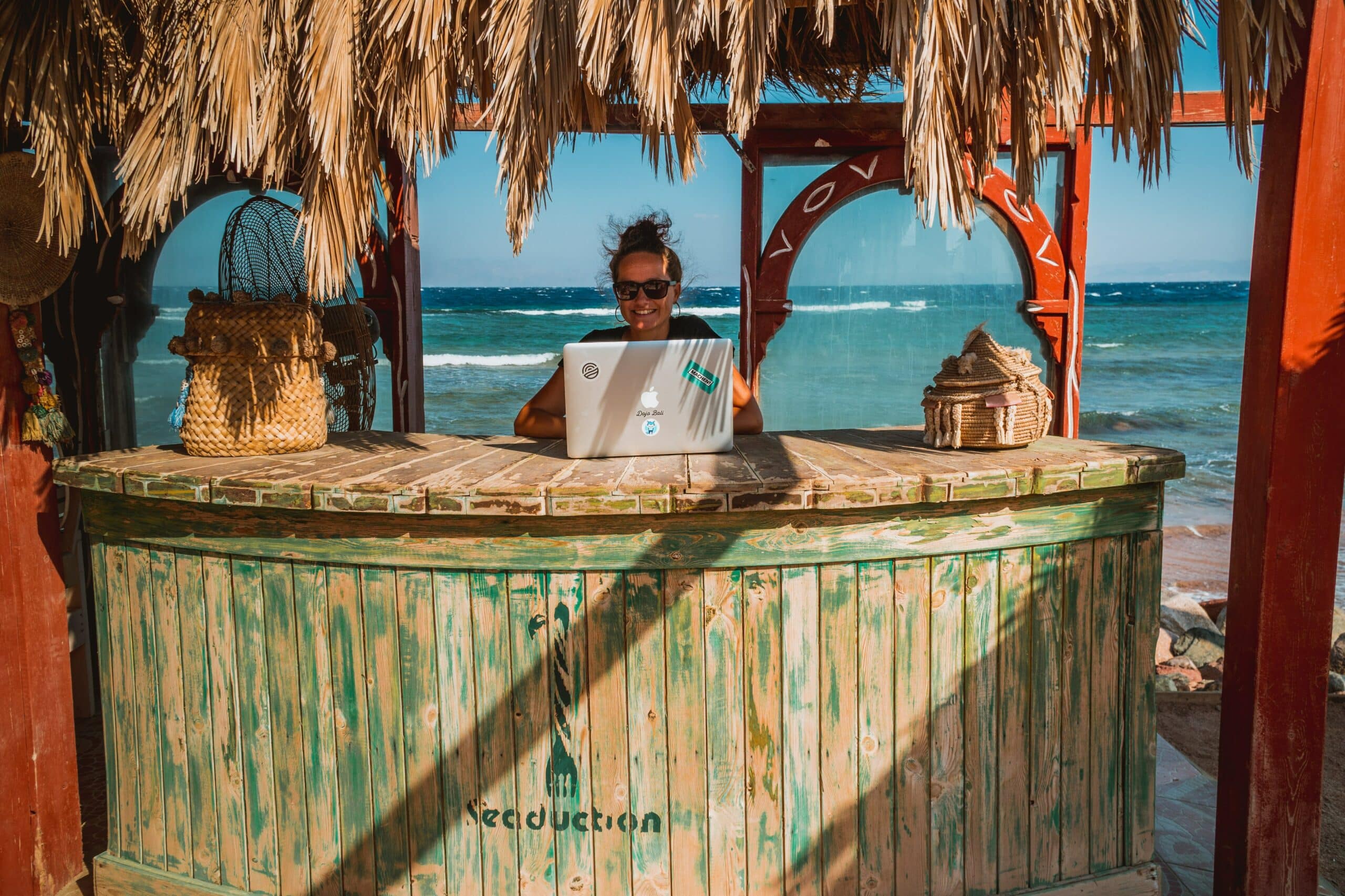 BBC News
BBC NewsBorrowing was £17.4bn last month, the second highest October figure since monthly records began in 1993.

The lifestyle of the ‘digital nomad’ has become much more popular following the pandemic. Increased work from home infrastructure allows many to live a lifestyle that some see as idyllic – as digital nomads, many are working abroad anywhere with an internet connection, travel frequently, and often set your own hours, all while getting paid.
Even for those lucky enough to be living out their travel-fuelled dreams, cost of living is hitting hard. William Russell, which provides insurance to people working abroad, has offered a few points of advice to stay afloat during difficult times.
As inflation rises, many employers are becoming less generous with raises and benefits, so it may be worth considering taking other jobs on the side. If you work at a company which allows you to do so, freelancing and consultancy are great ways to diversify your income streams while still staying on the move. Freelance writing, for example, can be done from anywhere, and even things like teaching singing lessons can be achieved through Zoom meetings.
Properly managing investments is also paramount to financial stability in uncertain times. Money kept in cash or savings accounts will not keep up with inflation, so smart investing is a good way to ensure that your money does not diminish in value, although with all investing there is risk involved.
It is a good idea to reduce your cost of living. Obviously, extravagant spending should be avoided, but there are also less obvious ways to save. If you are spending in a foreign currency, make sure that you truly understand the value of that currency, and look out for fees attached to money transfers and everyday transactions. Around the house is also a great place to save, so cut down on energy usage and heating costs if possible.
There are also a few other ways to protect yourself from unforeseen issues while abroad. International health insurance is a well-known way to help you avoid massive medical costs should something go wrong while you’re away from your home country, but it might be worth looking at your plan again to ensure that you are getting a good deal.
William Cooper, Marketing Director at William Russell emphasises the importance of international health insurance when working abroad.
“Starting a new life overseas can be deeply rewarding but is not without its challenges,” Cooper says, “If you don’t have the right health insurance abroad, the cost of medical treatment abroad can be enormously expensive: for example, according to the Association of British Insurers, you could face a US$124,000 bill for treating a fractured spine in Thailand or US$74,000 for a hospital stay following a road accident in Spain.”
In a time when many people are living paycheque to paycheque, it is important to be prepared in the case that your income streams are interrupted. Global income protection can pay up to 80% of your salary if a medical situation arises which renders you unable to work while abroad, however you must sure that the protection you would receive is worth the cost.
Read our report on how work is changing and moving away from the office here